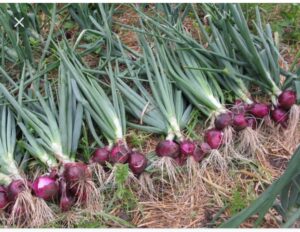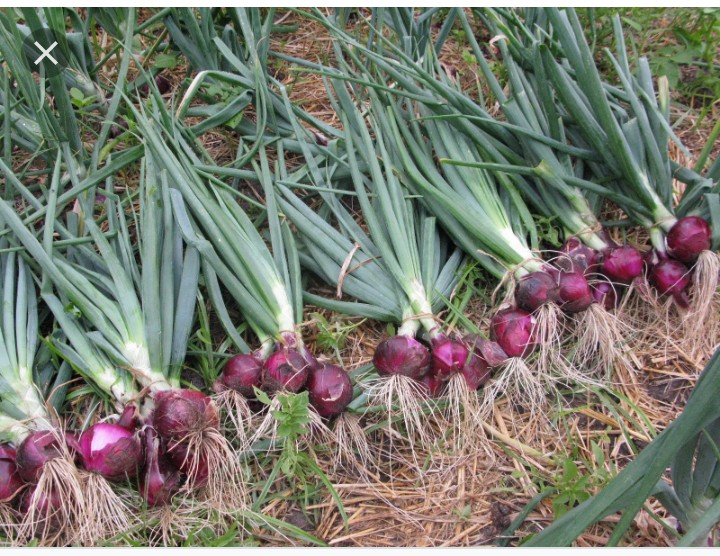The Flourishing Tapestry of Onion Farming in Kenya: A Comprehensive Exploration
Introduction:
Kenya, renowned for its diverse landscapes and rich agricultural potential, has witnessed a significant boom in onion farming in recent years. This surge can be attributed to favorable climatic conditions, technological advancements, and an increasing demand for this versatile vegetable. In this comprehensive exploration, we delve into the various facets that contribute to Kenya’s prosperous landscape of onion farming.
-
Climatic Factors and Geographical Advantage:
Kenya’s varied climate and geographical features create an ideal environment for onion cultivation. The country’s diverse agroecological zones allow year-round production, with regions specializing in particular varieties. The highlands, for instance, provide an excellent climate suitable for bulb development, while lowland areas offer conditions conducive to seedling growth.
-
Technological Advancements in Onion Farming:
Adopting modern agricultural technologies has played a pivotal role in transforming onion farming in Kenya. From improved irrigation methods to using hybrid seeds and precision farming techniques, farmers are leveraging innovation to enhance productivity. Drip irrigation, in particular, has proven instrumental in conserving water resources and ensuring a steady supply of onion crops, mitigating the impact of erratic rainfall patterns.
III. Varietal Selection and Seed Quality:
The choice of onion varieties is crucial in determining the success of an onion farm. Kenyan farmers have increasingly embraced hybrid and disease-resistant varieties that offer higher yields and better market appeal. Moreover, the emphasis on seed quality, including certified seeds and proper storage practices, has improved germination rates and overall crop health.

-
Market Dynamics and Economic Impact:
The demand for onions, both domestically and internationally, has been steadily rising—Kenya’s strategic geographical location positions it as a critical supplier to neighboring countries. The government’s focus on agricultural exports has also opened lucrative markets for Kenyan onion farmers. The economic impact of onion farming extends beyond the agricultural sector, creating employment opportunities and fostering rural development.
-
Challenges and Mitigation Strategies:
Despite its prosperity, onion farming in Kenya faces challenges such as pest infestations, diseases, and market fluctuations. Integrated pest management (IPM) practices, coupled with the use of organic pesticides, are being employed to address these challenges sustainably. Furthermore, farmers are exploring value-addition strategies, such as onion processing and storage facilities, to mitigate post-harvest losses and stabilize prices.
-
Sustainable Practices and Environmental Impact:
The sustainability of onion farming is a growing concern globally, and Kenyan farmers are actively adopting environmentally friendly practices. Agroecological approaches, organic farming methods, and the incorporation of cover crops are becoming integral parts of onion cultivation. These practices contribute to the soil’s long-term health and position Kenyan onions as environmentally conscious products in the international market.
VII. Government Support and Agricultural Policies:
Government initiatives and policies play a pivotal role in shaping the landscape of onion farming. In Kenya, various programs focus on providing farmers access to credit, training, and market information. Subsidies for essential inputs like seeds and fertilizers further encourage farmers to invest in onion cultivation. However, ongoing efforts to streamline these support systems are crucial for sustained growth.
Conclusion:
In conclusion, the onion farming landscape in Kenya is a tapestry woven with the threads of climate, technology, market dynamics, and government support.
The success story of Kenyan onion farming is not only a testament to the resilience and innovation of its farmers but also a model for sustainable agricultural practices.
As the sector continues to evolve, the key lies in maintaining this delicate balance, ensuring prosperity for farmers and a robust supply of this essential vegetable for the nation and beyond.

